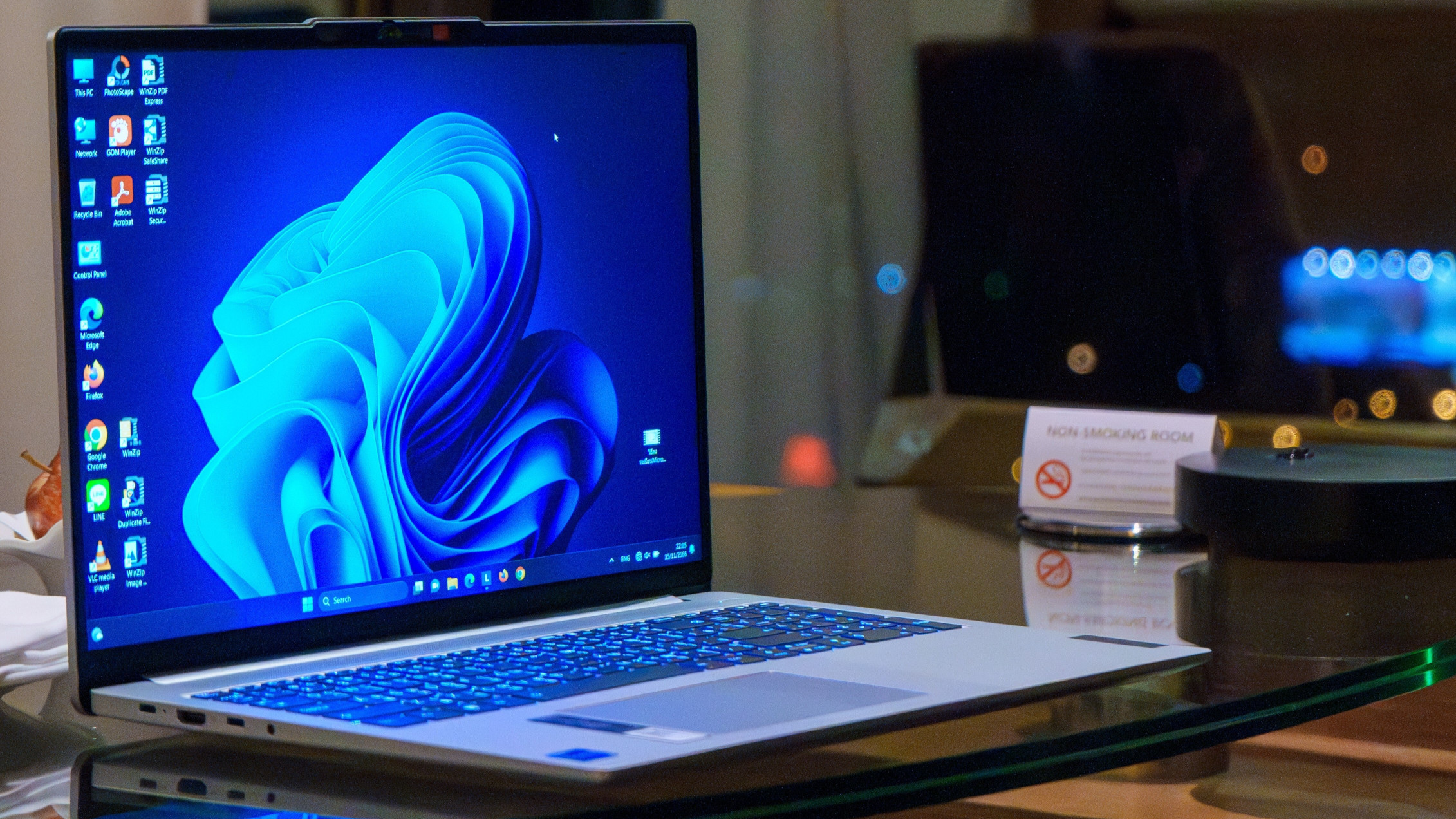
The latest Windows 11 24H2 update has deployed globally, and users have noticed one peculiar problem: It creates an 8.63GB update cache file that cannot be deleted using any conventional method. The issue is widespread, as it seems to have affected those who have upgraded to the latest version.
Many users who upgraded to the new Windows 11 version noticed an update cleanup file that couldn't be deleted manually in its software distribution folder or using Desk Cleanup or storage settings. Attempting to delete the cache after deleting the 'Windows.old' folder yielded no progress. Many users have complained about this issue, which likely affects all Windows 11 users who upgrade to the 24H2 version. Running 'SFC Scannow' made no difference to the cache. Irrespective of users, the Disk Cleanup shows the file size as 8.63GB.
As one would expect, the influx of this specific complaint caught Microsoft's attention, and it announced that it would be releasing a fix in an upcoming update. It is also contrary to what the Disk Cleanup is detecting; it's likely due to the bug and not occupying 8.63GB of storage space. It's unclear which update file creates this issue, but It is best not to attempt to alter any files as it might affect the entire update file and possibly the operating system itself. Generally, Microsoft is prompt with such peculiar or severe issues.
Microsoft explained that the cache was created by the 'checkpoint update,' which is Microsoft's method of downloading missing and smaller patches and updates every month, unlike service packs. Windows 11 24H2 is packed with that feature, but as a result, it created this undeletable file size on every upgraded PC.
Usually, this cache is temporary and eventually gets purged by the Windows Cleanup process. Since Microsoft is now aware of the problem, an update to fix it should be inevitable, and therefore, the non-deletion issue would likely be resolved soon.







